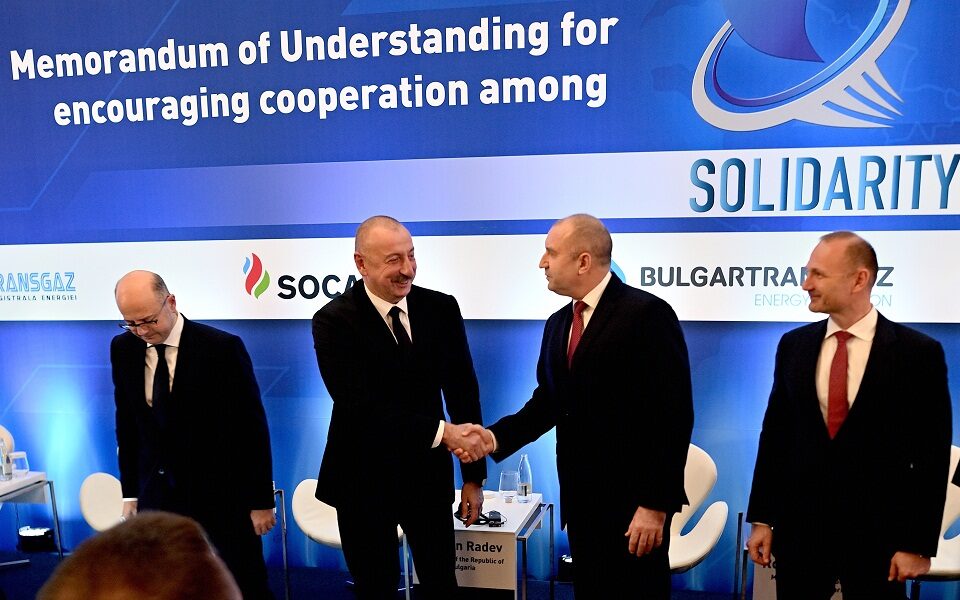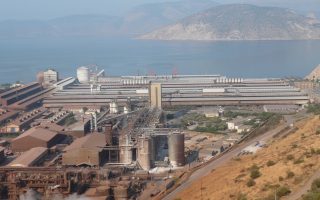Athens set to react to Solidarity Ring gas plan

The “Solidarity Ring” plan to supply the Balkans with Azeri gas via a route that bypasses Greece and upgrades Turkey’s role in the region of Southeast Europe is causing concern among Greek authorities.
Gas grid operator DESFA was the first to warn of possible irreversible consequences for the country; as the system administrator, DESFA has based its investment program on Balkan export options. High-ranking DESFA officials have already expressed their objections to the relevant European Union bodies, while a first reaction is expected in the near future from Secretary-General for Energy Alexandra Sdoukou.
According to the same sources, Greece is preparing a more comprehensive intervention at the level of European institutions, even by a caretaker energy minister if no new government is formed this month, as the situation is considered urgent.
The plan proposed at the initiative of Bulgaria has been submitted for funding by the EU in the framework of the REPowerEU national programs for weaning member-states off of Russian gas, and if approved, then there is no scope for reversing the situation, sources explain.
What has caused irritation in Athens is not only Bulgaria’s attitude but also the EU, which appears supportive and ready to finance infrastructure that will receive gas through the 50% Russian-owned Turkstream pipeline without even being able to ensure that the gas entering Southeast Europe will not be Russian, as in Turkey it may be given another name.
On the initiative of Bulgaria, on April 25 the managers of the natural gas systems of Bulgaria, Romania, Hungary and Slovakia, in the presence of the president of Azerbaijan, signed a memorandum of understanding with Azerbaijan’s Socar for the supply of additional quantities of Azeri gas, based on the EU-Azerbaijan agreement to double exports to Europe by 2027.
These additional quantities under the Solidarity Ring plan will enter the Bulgarian system via Turkey and from there through a network of interconnecting pipelines in the northern Balkan countries. That pipeline network, with a total cost of more than 700 million euros, has been included in the national REPowerEU plans of the neighboring states to be financed by the EU.





